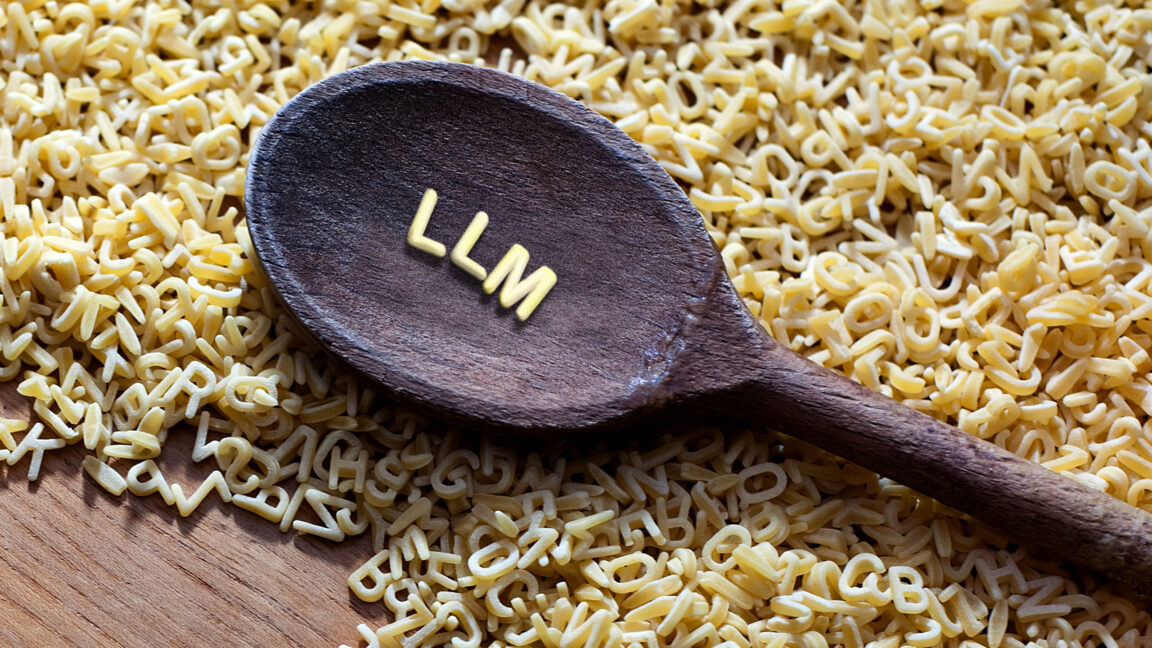Philippines demands China ‘open’ Scarborough Shoal for global, environmental audit
Manila accuses Beijing of damaging environment, illegally harvesting giant clams and other species from the shoal.

The Philippines on Tuesday demanded an independent and international audit of China’s alleged environmental destruction of Scarborough Shoal, including illegal fishing for giant clams, sea turtles and other species from those disputed waters.
The Philippine Coast Guard (PCG) has provided “incontrovertible proof” of such activities by Chinese fishermen in the shoal, according to National Security Council spokesman Jonathan Malaya. The shoal lies within Manila’s exclusive economic zone in the South China Sea, but Beijing has effectively controlled it since 2012.
On Monday, the PCG said it had monitored Chinese fishermen illegally harvesting giant clams from the shoal, which Manila calls Bajo de Masinloc or Panatag Shoal. The agency also said it had “underwater footage” confirming harvesting activities that degraded the marine environment in the area.
“We call on China to open up Bajo de Masinloc to international inspection and we also call on 3rd-party inspectors from relevant United Nations bodies or respected environmental organizations to determine the true situation therein in order to protect the environment,” Malaya said in a statement Tuesday.
He said the PCG had already presented “clear and convincing evidence” that since 2016, China had been hauling away “large quantities of giant clams, sea turtles, puffer fishes, stingrays, topshells, eels and other marine animals” from the area.

“Chinese entities have been continuously engaged in large-scale harvesting of endangered species, unlawfully exploiting the vulnerable species with wild abandon,” Malaya said.
China’s foreign ministry spokesman, Wang Wenbin, did not categorically deny the allegations by the PCG, but reiterated Beijing’s “indisputable” control over the South China Sea, including the shoal.
“If any environmental degradation appears in those waters, it is the Philippines who needs to reflect on its behavior, instead of wrongly accusing China,” he said on Monday.
Giant clams are a declared protected species under the Convention on the International Trade in Endangered Species of Wild Fauna and Flora (CITES).

“China has no legal rights over Bajo de Masinloc and all of its expansive claims over the entire South China Sea have been invalidated and nullified by the 2016 arbitral ruling,” Malaya said.
He was referring to a landmark decision by an international court that nullified China’s claims to most of the South China Sea on historical grounds, after Manila took Beijing to court over their territorial dispute at Scarborough Shoal.
“The Tribunal… found that Chinese fishermen have engaged in the harvesting of endangered sea turtles, coral, and giant clams on a substantial scale in the South China Sea, using methods that inflict severe damage on the coral reef environment. The Tribunal found that Chinese authorities were aware of these activities and failed to fulfill their due diligence obligations under the Convention to stop them,” according to an excerpt from the arbitration ruling.
Beijing rejected the ruling and launched a building spree in territories it controls in the sea.
Commodore Jay Tarriela, the Philippine coast guard spokesman for the South China Sea, said suspected Chinese maritime militia had been harvesting giant clams from the shoal since 2016.
“On top of China’s consistent harvesting activities, underwater footage as early as 2017 confirm that their presence and ecological footprint has led to the degradation of the marine environment in Bajo de Masinloc,” Tarriela told reporters on Monday.
BenarNews is an RFA-affiliated news service.












